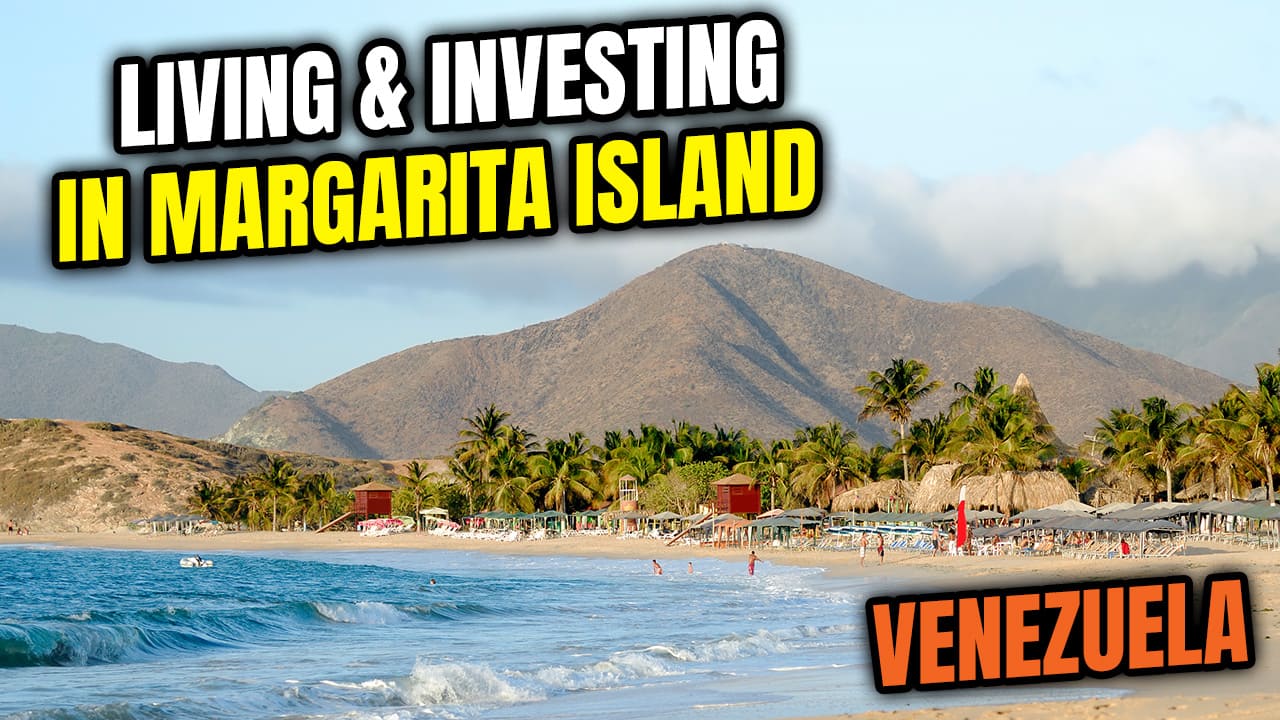
U.S. bank account for non-residents
31/10/2022





Panama confirmed as a tax haven of the European Union for another six months, consolidating its position as an offshore jurisdiction.
Panama confirmed as a tax haven, being the only country in the world that appears in the three black lists on tax transparency. Does this position leave the Isthmus at an economic disadvantage?
EU finance ministers reviewed the positions of each of the blacklisted countries at their last meeting. Some countries were removed, such as Bermuda, and three others were added: Turks and Caicos, Anguilla and Bahamas. As a result, the EU’s blacklist of tax havens now consists of only 12 jurisdictions. In six months’ time, ministers will review each territory’s tax progress again to determine whether to keep them on the list or remove them from it.
Panama appears on three black lists of tax havens: on the EU’s list as a high-risk and non-cooperative country in tax matters and also on the Financial Action Task Force’s (FATF) list on money laundering.
Panama first entered the European Union’s blacklist in 2017. A year later, however, it moved to the “gray” list and then managed to get off it, because it committed to legislative reforms on “pernicious” tax regimes. The exclusion was short-lived. In 2020, the European Union blacklisted Panama again, for not complying with the promised tax reforms. Since then, the country has not managed to get off the list.
Among the reasons why Panama remains on the three lists is the fact that the country allegedly does not comply with tax information exchange and transparency and applies a zero tax regime to foreign income. Such practices are harmful, according to the European Union. However, experts acknowledge that there has been progress on transparency. Panama has committed to implement the OECD recommendations on country-by-country tax declarations of multinational companies based in the Isthmus.
The experts agreed that Panama’s inclusion in the black lists affects the flow of capital entering the country, which is detrimental to the economy. In addition, they considered that there are clear prejudices and misinformation about the legal functioning of the country. In view of this, they recommended an international communication campaign to show the strength of the judicial system and the fight against corruption.